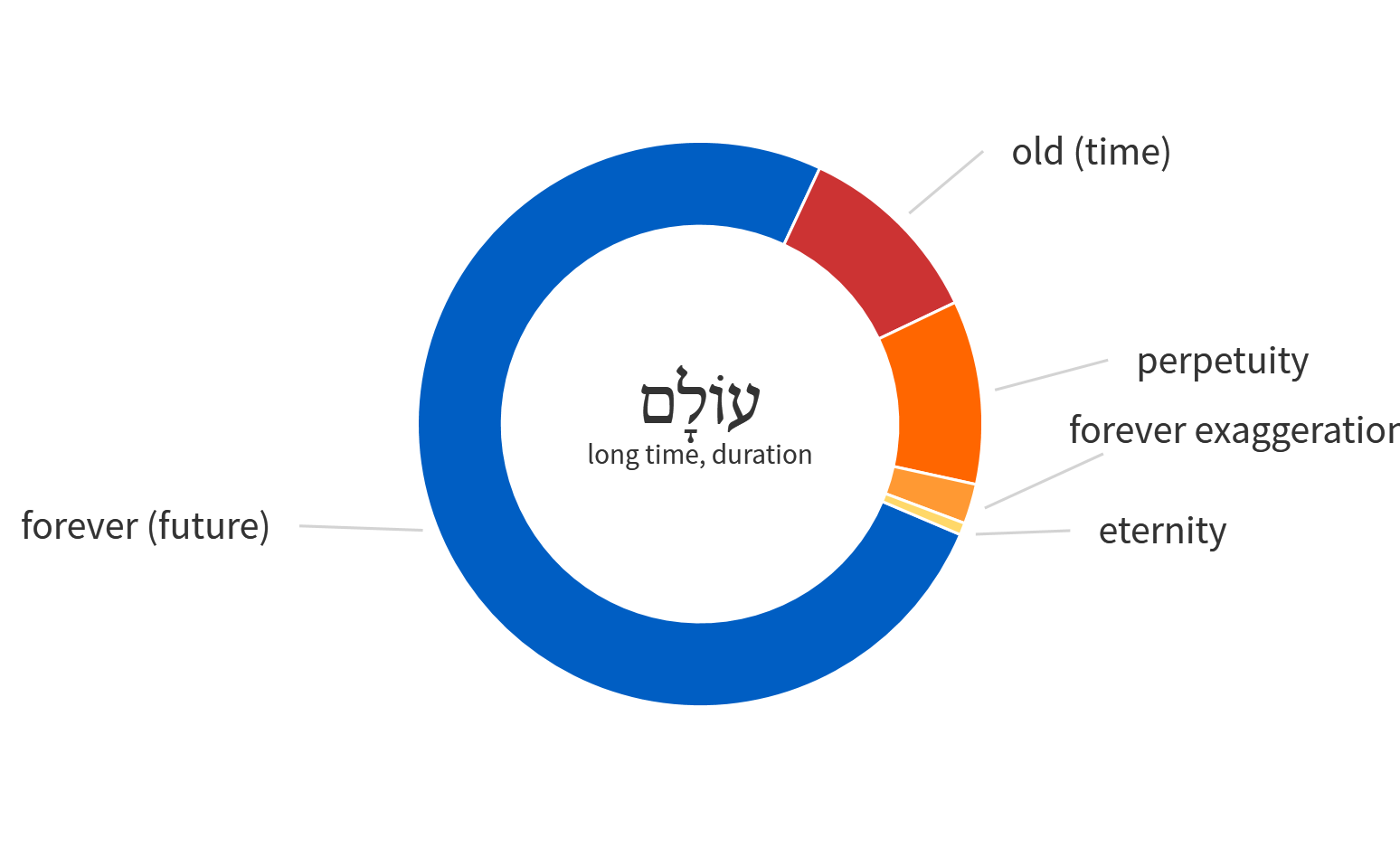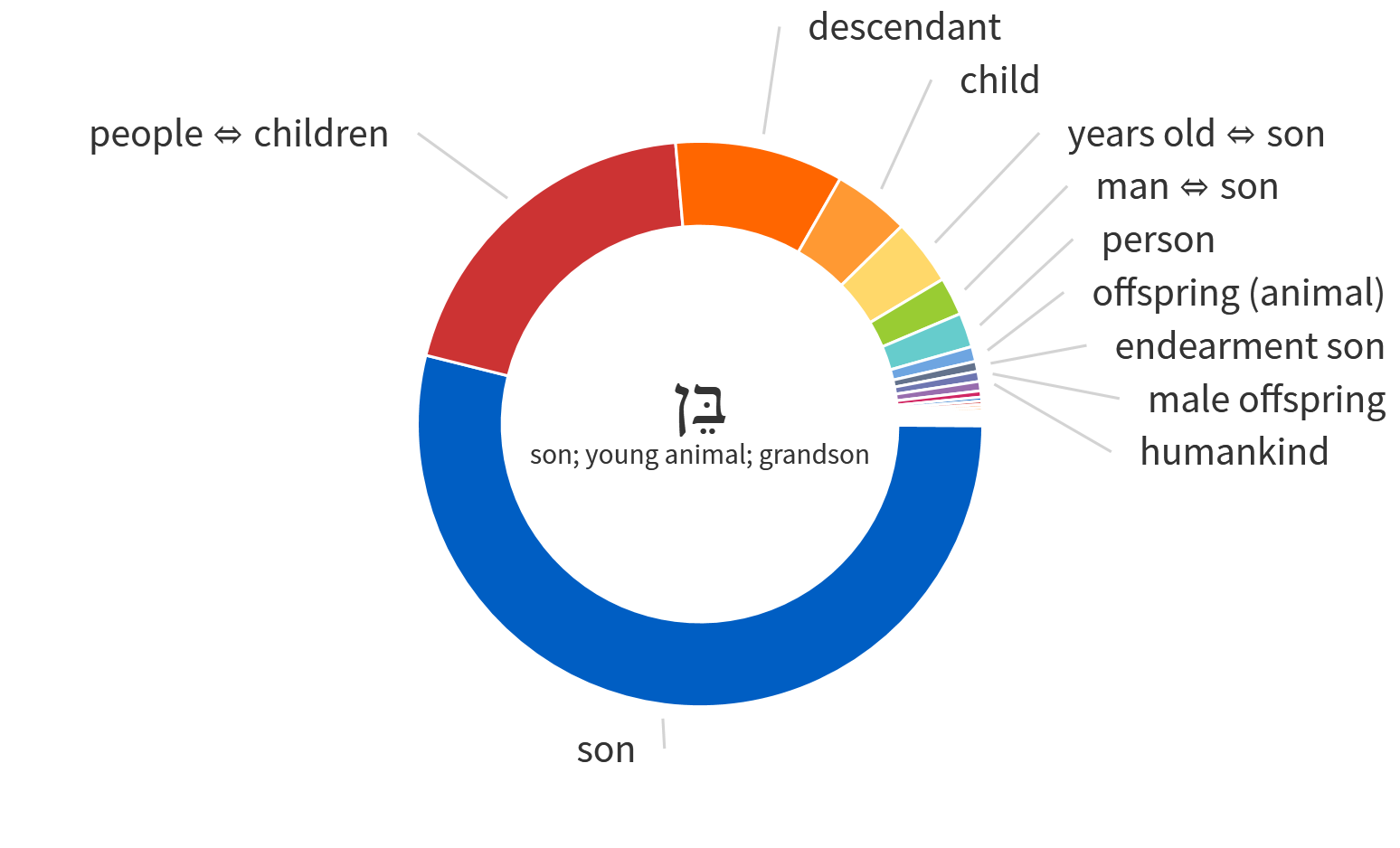These verses say:
"In the tabernacle of meeting, outside the veil which is before the Testimony, Aaron and his sons shall tend it from evening until morning before the Lord. It shall be a statute forever to their generations on behalf of the children of Israel." - Exodus 27:21 [NKJV]
"Outside the veil of the Testimony, in the tabernacle of meeting, Aaron shall be in charge of it from evening until morning before the Lord continually; it shall be a statute forever in your generations." - Leviticus 24:3 [NKJV]
These seem confusing. Is it Aaron and his sons or just Aaron in charge of keeping the lamps burning?
To make this even more interesting, both verses also use the same Hebrew verb (arak, meaning "to set/lay in order"). In Exodus 27:21 it's translated to "tend". In Leviticus 24:3 it's translated to "shall be in charge of".
How do you reconcile these verses?

